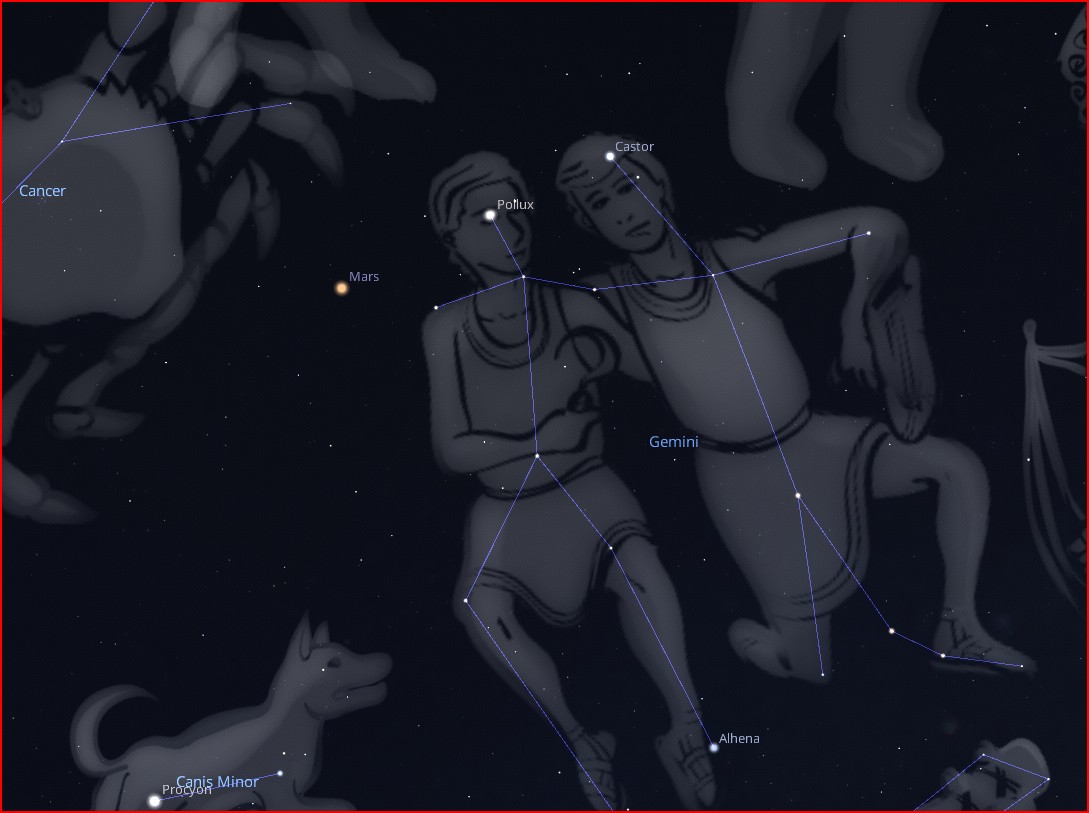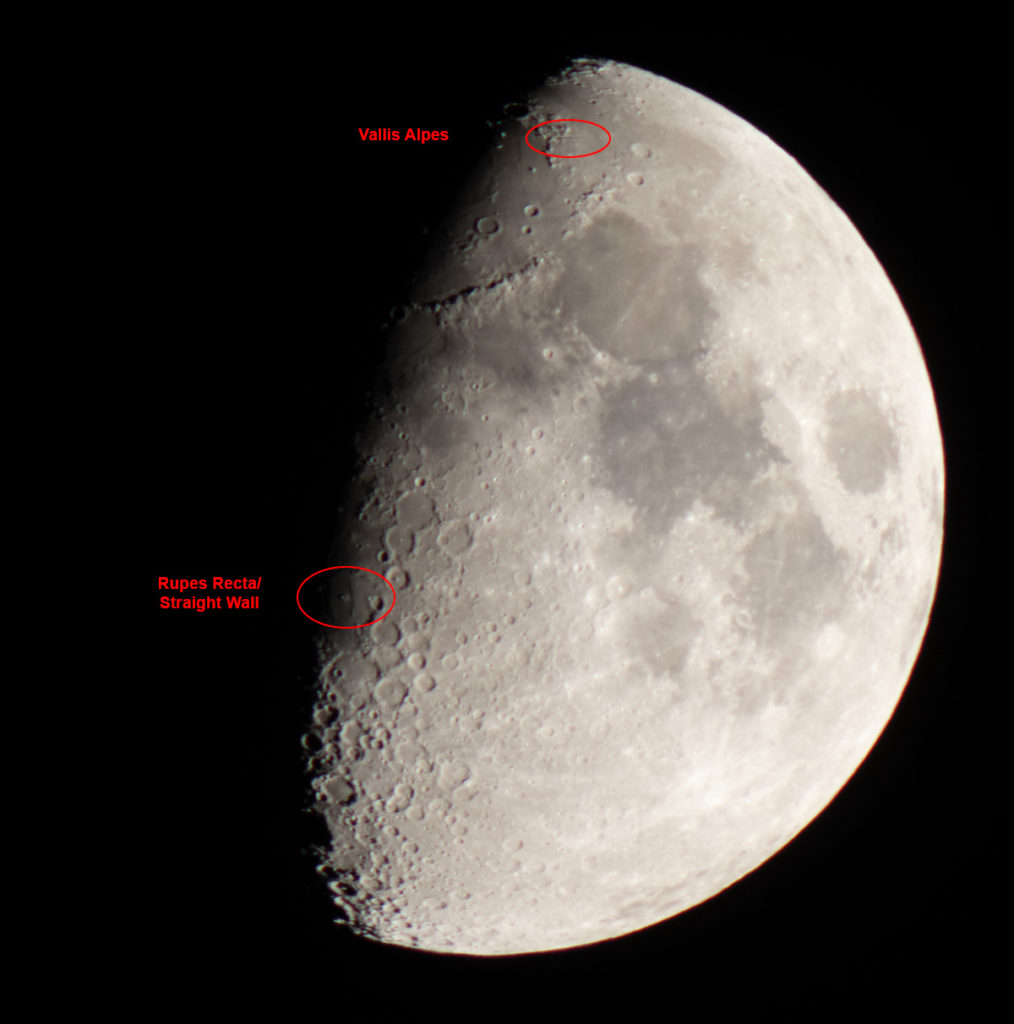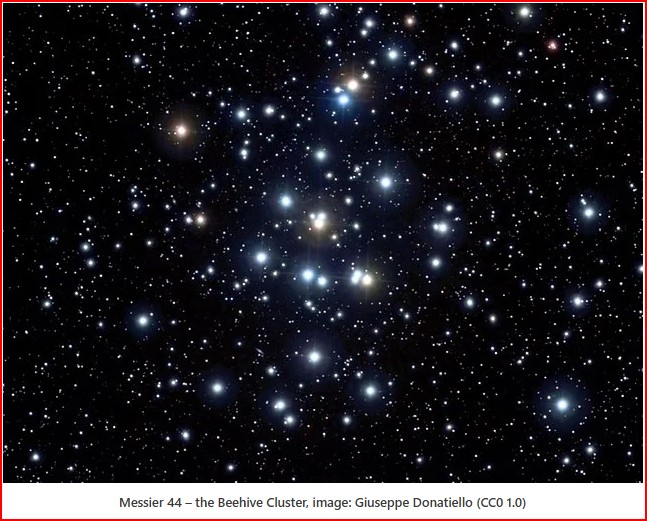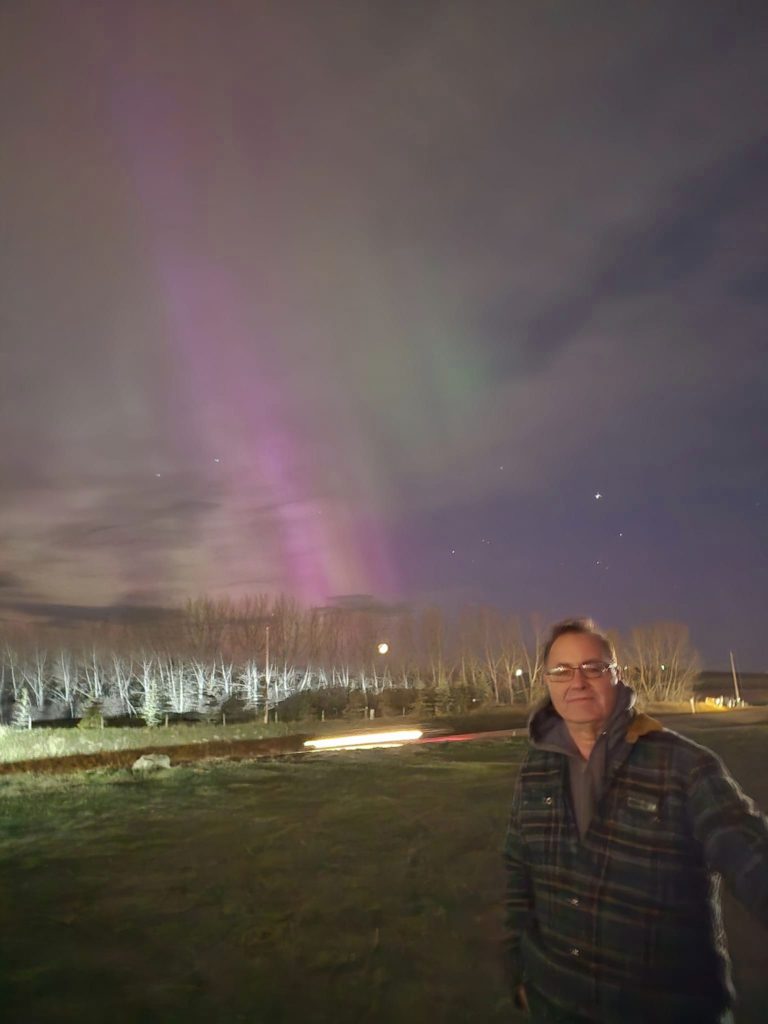
April 2025: Exciting Celestial Events for you to Explore
What’s in the Sky for April 2025
April 2025 is another promising and exciting month for sky watchers and astronomy enthusiasts alike. With a series of celestial events that we will explain there and some tips on how to enhance your stargazing experience.
Each celestial event provides a unique opportunity to observe the cosmos. Whether you’re a seasoned astronomer or a beginner looking to explore the night sky, these highlights will surely captivate your interest. Make sure to check the weather forecast as clear skies are essential for optimal viewing.
As Venus moves to the Morning sky and will appear before Dawn, at greatest brilliancy on the 27th of April.
This Month the Rings of Saturn appear edge on, this is an event that happens every 13 to 15 years. This started in March, just as Saturn moved into conjunction with sun. It will appear in the morning sky with the rings edge-on.
April 4th – First Quarter Moon, the next night look for “Rupes Recta” the Straight Wall in Mare Nublum

Apr 10th – Mars in a line with Castor and Pollux in Gemini (see feature image)
Evening Sky: Look for constellations like Gemini and Leo with it’s brightest star Regulus. Did you know that with a good telescope you can locate a Faint Dwarf Galaxy right next to this bright star! In Cancer (Between Gemini and Leo,) look for the faint cluster of stars known as the Beehive Cluster.
April 12 – Full Moon near Spica (in Virgo)
April 22 – Lyrid Meteor Show peaks
The following table shows Solar System/Lunar Events in April 2025: March will be filled with fascinating solar system events. Each event provides a unique opportunity to learn more about our solar neighborhood. Make sure to plan a few stargazing nights to catch these celestial wonders. Print this and hang it on your wall!
April 25 – This one is different and exciting: a rare smile conjunction will occur on April 25. This phenomenon happens when the crescent moon, Saturn and Venus align in a way that resembles a smiling face. The two planets will appear as bright dots above the thin sliver of the moon, creating an eye-catching celestial smile
| Sunday | Monday | Tuesday | Wednesday | Thursday | Friday | Saturday |
|---|---|---|---|---|---|---|
| 1 | 2 | 3 | 4 | 5 | ||
| Waxing crescent Moon near Pleiades (evening) | Waxing crescent Moon above Jupiter | First Qtr Moon | Try to observe the "Straight Wall"/"Rupes Recta" | |||
| 6 | 7 | 8 | 9 | 10 | 11 | 12 |
| Saturn begins to appear at Dawn, (with Rings edge on) | Mercury Near Saturn at Dawn | Mars in a line with Castor and Pollux - Gemini adds a star to become a triplet | Apogee Full Moon (smallest moon) Moon near Spica in Virgo | |||
| 13 | 14 | 15 | 16 | 17 | 18 | 19 |
| 20 | 21 | 22 | 23 | 24 | 25 | 26 |
| Last Quarter Mon | Lyrid Meteor Shower Peaks | Waning Crescent Moon, Venus and Saturn in a triangle at Dawn (Sad face today due to position of Moon!) | A rare smile conjunction - This phenomenon happens when the crescent moon, Saturn and Venus align in a way that resembles a smiling face. The two planets will appear as bright dots above the thin sliver of the moon, creating an eye-catching celestial smile | |||
| 27 | 28 | 29 | 30 | |||
| New Moon Venus at Greatest Dawn Brilliancy | Venus 4 ° above Saturn (low at dawn) |
Deep Sky Highlights April 2025
This section will explore some of the most breathtaking deep sky objects you can observe in March 2025. From nebulae to star clusters, each object tells a story of the universe’s history and beauty. Make sure to have a good star map handy as you venture into the depths of the night sky.
For the best experience, consider visiting locations known for aurora viewing, such as national parks or remote areas with minimal light pollution. Bring warm clothing and snacks for a comfortable experience while you wait for the lights to appear.
Evening Sky
The Galaxies and Globular Clusters of the Spring Sky are easily seen in the evening. Brighter and more easily observed galaxies present themselves for easier viewing at this time.
Midnight Sky:
For late-night observers, the Beehive Cluster (M44) in Cancer is a must-see. It is one of the closest star clusters to Earth and consists of over a thousand stars. Look for it with the naked eye, and use binoculars to see individual stars.
M44 The Beehive Cluster in Cancer

Leo’s Triplet of Galaxies is another highlight for midnight observers. This trio of galaxies is located in the constellation Leo, and while they may appear faint, they offer a glimpse into the vast universe. Bring a star chart to help locate them easily.
As dawn approaches, the Virgo Supercluster is an impressive group of galaxies to explore. This vast collection of galaxies stretches across millions of light-years and can be studied in detail with a telescope.
M13, the Great Globular Cluster in Hercules, is another midnight target. With a telescope, you can see thousands of stars packed closely together, creating a beautiful sight that highlights the beauty of the cosmos.
Morning Sky:
In the morning sky we can expect to see the summer triangle of Cygnus, Aquilla, and Lyra and the stars of Pegasus before dawn.
Aurora/Northern Lights

The nights are beginning to get shorter, that does not mean that the Northern lights stop, it just means you might have to stay up later to see them.
Refer to our Astro-links page for detailed information on how to best prepare for aurora viewing and what equipment to bring.
Meteor Showers
The Lyrid meteor shower which can be quite active, on or around the 22nd of April. This is after the 3rd Quarter moon, and should be promising for observing.
Visit our post for April 2025 Meteor showers for more details on what to expect later this year.
Comets
Currently, there are no bright comets visible from mid-northern latitudes. However, this is a great time to educate yourself about comets and their orbits. Understanding their appearances can enhance your appreciation for these celestial bodies when they do arrive.
There are no bright comets for March 2025 that can be seen from Mid-Northern Latitudes. Visit our Astro-links page for information on Comets